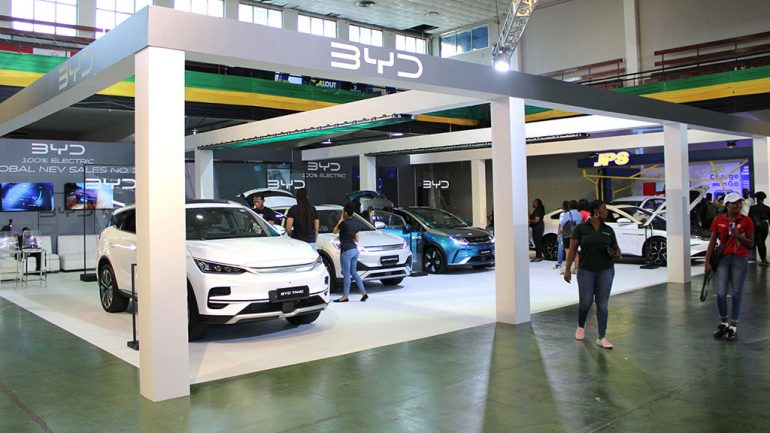Hyundai is intensifying its efforts in the realm of electrification, striving to crack the code for affordable electric vehicles (EVs). Despite making substantial progress in the EV market, the automaker† Full Article Ľ
![]()
Hyundai is intensifying its efforts in the realm of electrification, striving to crack the code for affordable electric vehicles (EVs). Despite making substantial progress in the EV market, the automaker has acknowledged the necessity of addressing the affordability factor. The forthcoming addition to Hyundaiís lineup, tentatively named the Ioniq 2, is poised to fill this crucial gap, positioning itself beneath the existing Ioniq 5 electric SUV and Ioniq 6 sedan.
Recent data, as reported by Electrek, indicates a noteworthy surge in Hyundaiís EV exports, with more than 218,000 units shipped in 2022óa significant doubling over the preceding two years. The automaker experienced a record-breaking November 2023, attributing much of its success to the growing popularity of electric vehicles in global markets.
The anticipation surrounding the Ioniq 2 has been fueled by insights from Hyundai Europeís VP of marketing, Andreas-Christoph Hofmann, who hinted at a smaller and more affordable electric model earlier in the year. Emphasizing a target price of around 20,000 euros, Hofmannís statements underscore Hyundaiís commitment to making electric mobility accessible to a broader consumer base. The forthcoming model is expected to feature a competitive range estimate and leverage a new platform designed to optimize manufacturing efficiency and reduce costs.
The move towards affordable EVs is a strategic one for Hyundai, placing it among the pioneers in this endeavor. While various automakers are working towards more accessible electric options, achieving a price point comparable to Teslaís Model 3 has proven elusive. The Chevrolet Bolt, known for its affordability, is facing discontinuation in favor of a revamped configuration. Advances in battery technology and manufacturing processes are anticipated to contribute to a general decrease in EV production costs in the coming years.
The urgency for more budget-friendly electric cars is underscored by the persistent obstacle of pricing in the EV market. Although Hyundaiís current Ioniq EVs are not the most expensive in their category, their ineligibility for federal tax credits places them at a disadvantage compared to rivals from Tesla, Ford, and others. Notably, the Hyundai Kona EV stands out as a more affordable option, priced at $33,000. As the industry collectively strives to enhance cost competitiveness, Hyundaiís pursuit of a smaller and cheaper Ioniq 2 reflects a broader trend towards making electric vehicles more accessible to a wider audience.
Source: Electrek















